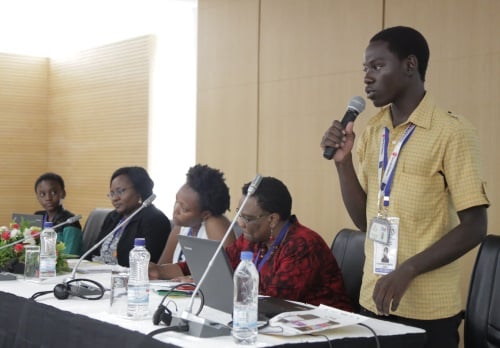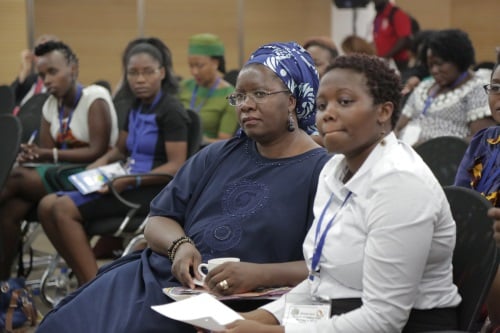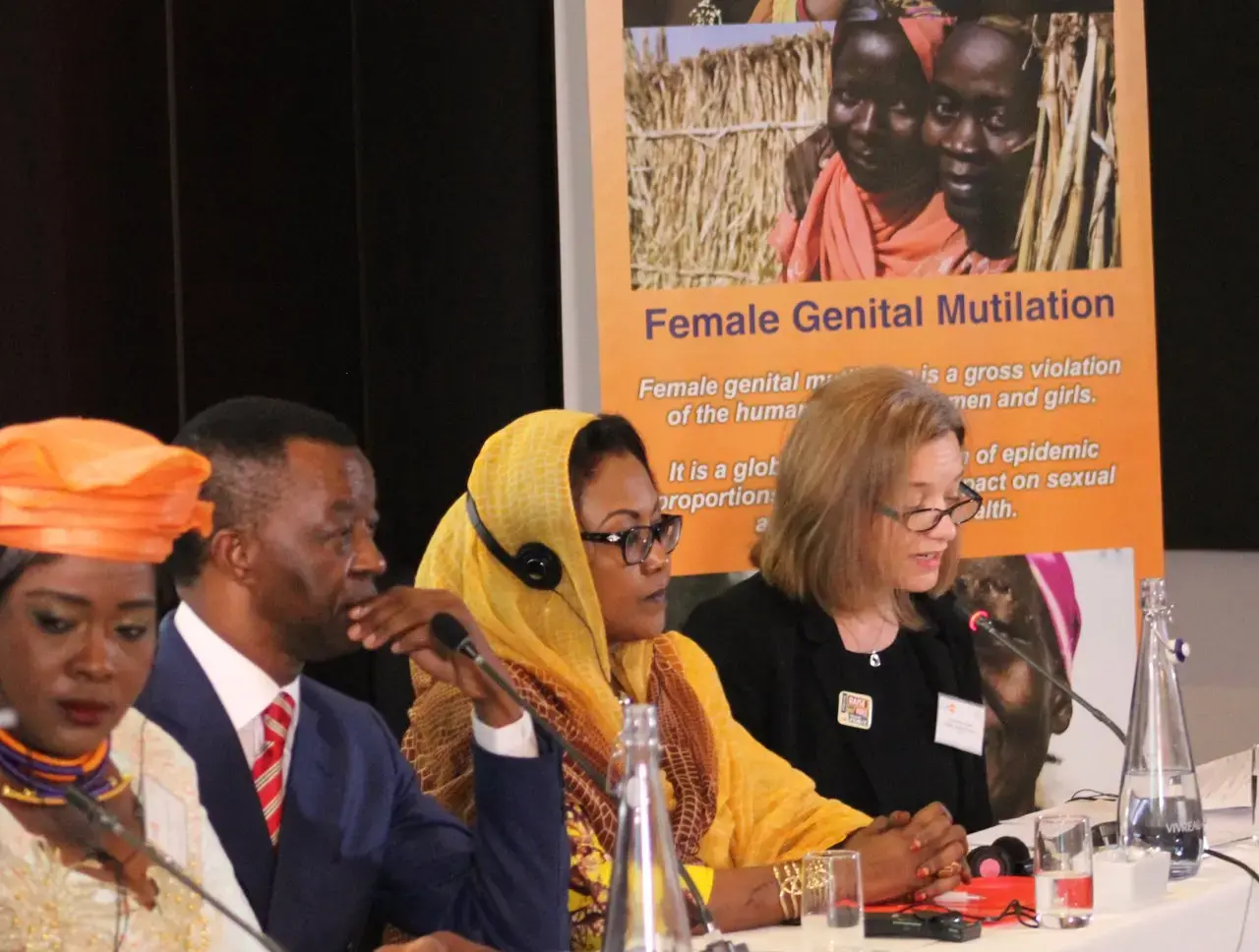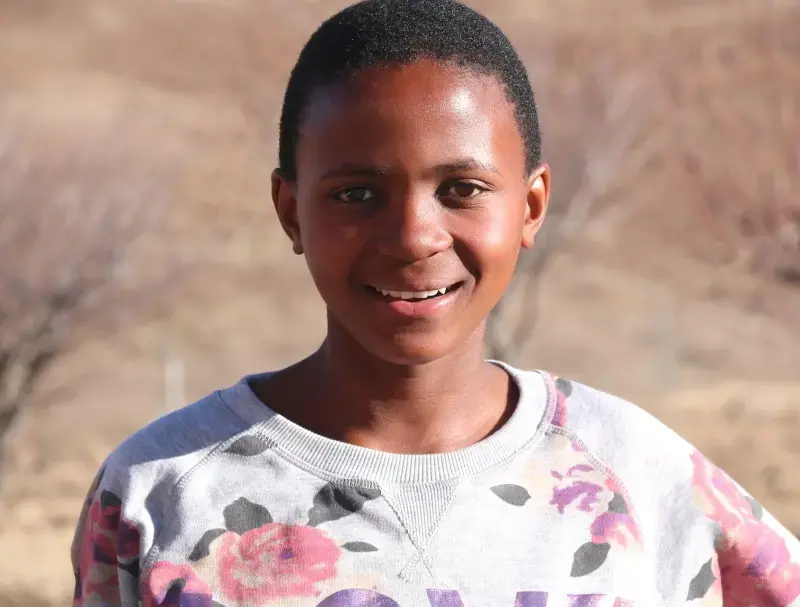President of the Zambia Republic Edgar Lungu called for the elimination of child marriage in Africa, at the First Africa Girls Summit on Ending Child Marriage currently underway in Lusaka, Zambia.
Mr. Lungu advised men and women across Africa to "join hands in saying ‘no’ to child marriage in all parts of Africa."
"Child marriage remains one of the predominant architects of violation of children’s rights, the perpetuation of which has largely been influenced by people who do not understand the importance of protecting children rights," he said.
Over 1000 participants, including traditional leaders, First Ladies, donors, media, children and young people are attending the conference organized by the African Union Commission.
The two-day summit aims to share experiences on progress on the AU Campaign on Child Marriage, as well as secure commitment, especially from governments, to end to child marriage and facilitate ongoing discussions on the successes and challenges of ending child marriage on the continent.
AU Commissioner for Social Affairs Mustapha Sidiki Kaloko said the onus was on everyone to be an ambassador in encouraging the girl child to progress in life. He reiterated the AU's commitment to work with all partners to end child marriage in Africa.

© UNFPA / Chiara Frisone
Violation of girls’ rights
In Africa, the proportion of girls married by 18 is as high as 38 per cent in East and Southern Africa region and 46 per cent in West and Central Africa. Fifteen out of the 20 countries with the world’s highest child marriage prevalence rates are in Africa.
Child marriage is a violation of the rights of adolescent girls and young women. It contributes to high levels of adolescent birth rates, which affects girls’ ability to gain an education and limits their future prospects. It has devastating consequences for overall realization and full enjoyment of their rights, including those related to free and informed consent, health and sexual reproduction, as well as access to information and resources. Child brides are some of the most vulnerable girls on earth; they are at greater risk of abuse.
If current trends continue, the number of girls married off each year will have increased from 14.2 million in 2010 to 15.1 million by 2030 – a 14 per cent increase (Marrying Too Young: End Child Marriage, UNFPA, 2012). Without further action the number of girls married as children will double by 2050; Africa will become the region with the highest number of child brides in the world.
Most countries in Africa have laws that set a minimum age of marriage, usually at age 18. However, in some countries the legal age is less than 18 years and it is often lower for girls than it is for boys. Many countries provide exceptions to the minimum age of marriage, upon parental consent or authorization of the court. Moreover, even where strong legal frameworks exist, their enforcement is often weak.

Action to eliminate child marriage
To eliminate child marriage, countries must adopt and enforce appropriate legislation to increase the minimum age of marriage for girls to 18 and raise public awareness about child marriage as a violation of girls’ human rights
Addressing the issue of child marriage has the potential to improve Africa’s economic prosperity and development. Because of child marriage, millions of girls miss the skills, knowledge and employment prospects that would enable them to lift their families out of poverty and contribute to their country’s economic development.
Concerted efforts to addressing child marriage will increase Africa’s potential to harness the demographic dividend.
By Precious Zandonda with additional reporting by Lindsay Barnes
#MyLifeAt15
When you were 15 years old, what was your dream?
Fatoumata Ndiaye, UNICEF Deputy Executive Director, describes her life at 15. View
Dr. Mustapha Sidiki Kaloko, African Union Commissioner for Social Affairs, describes his life at 15. View
Josephine Kulea, Founder and Executive Director of Samburu Girls Foundation, on life at 15. View





